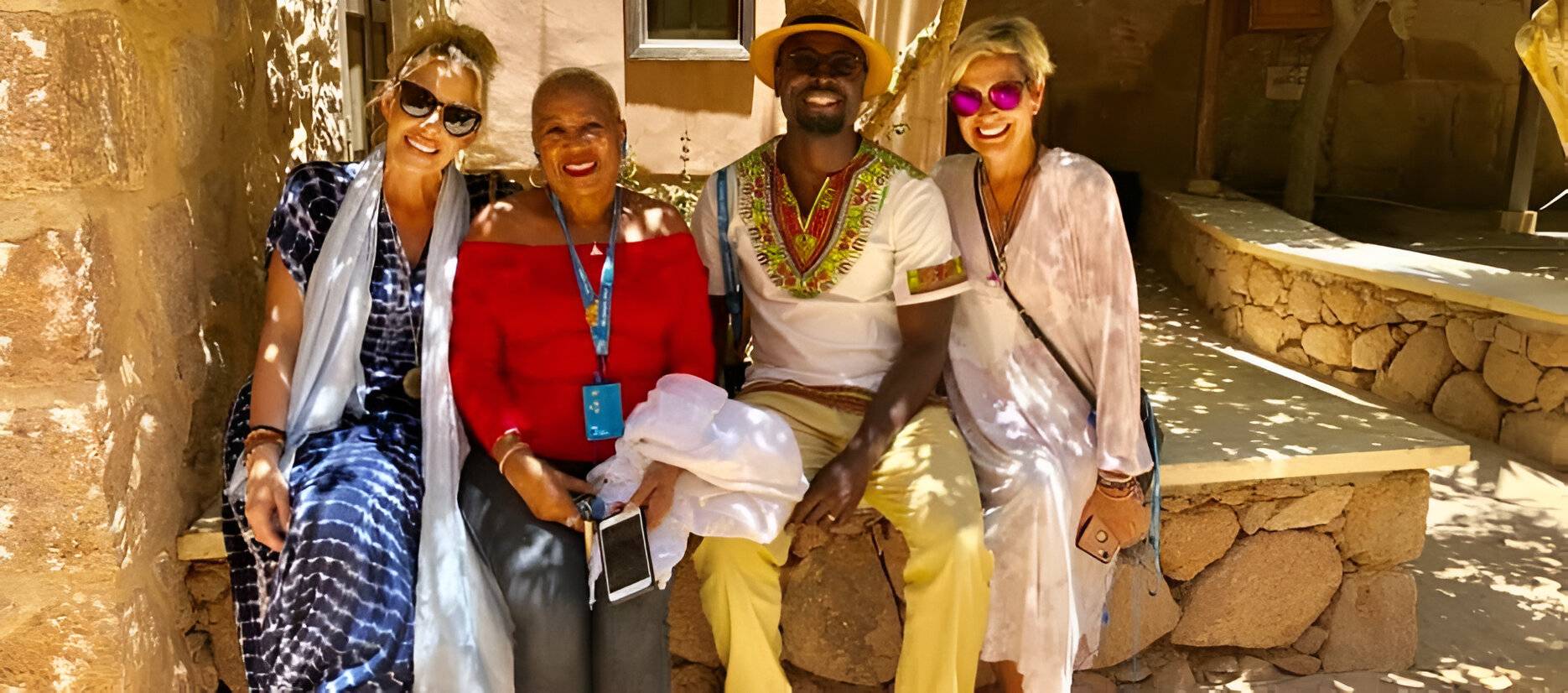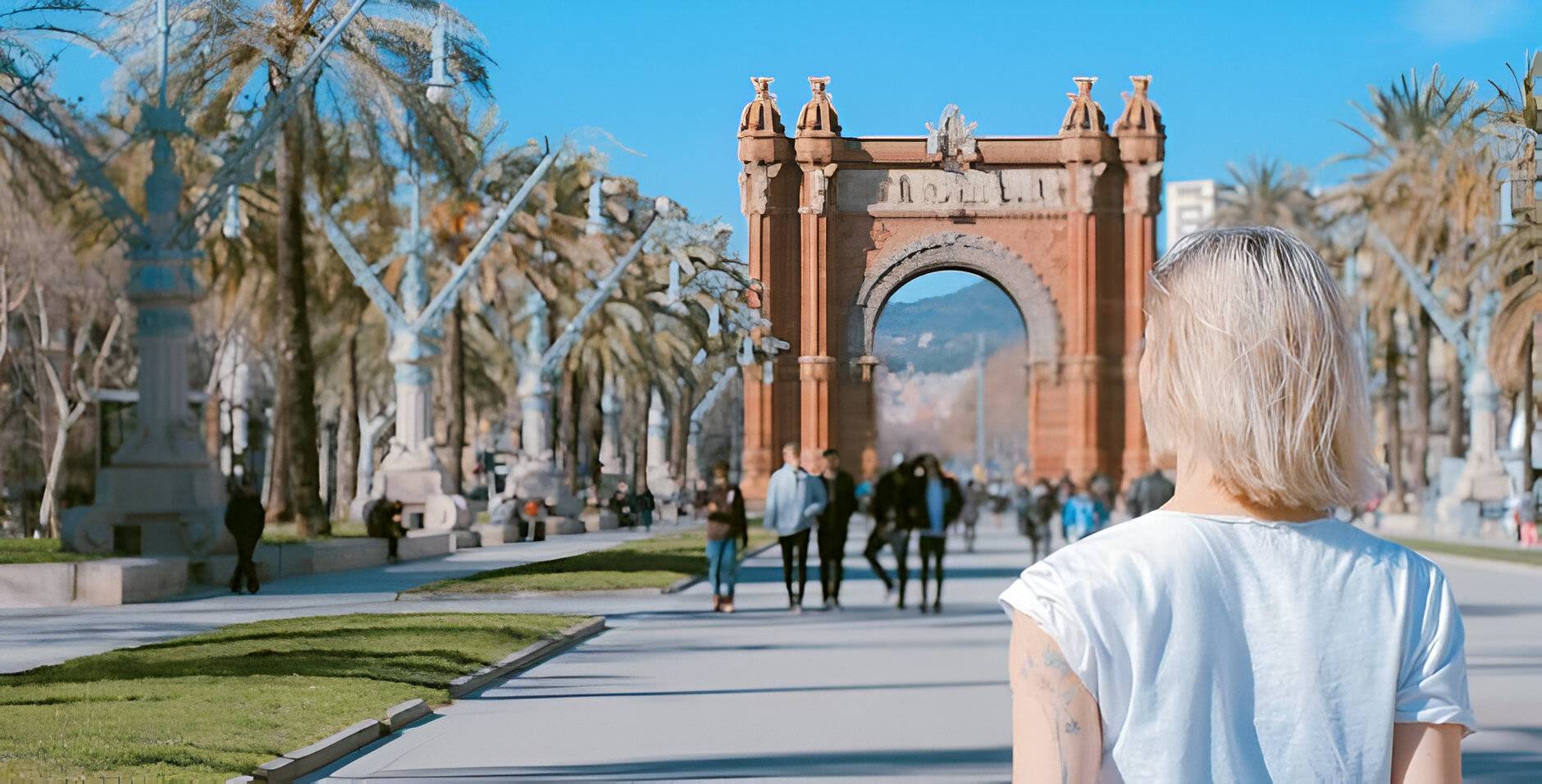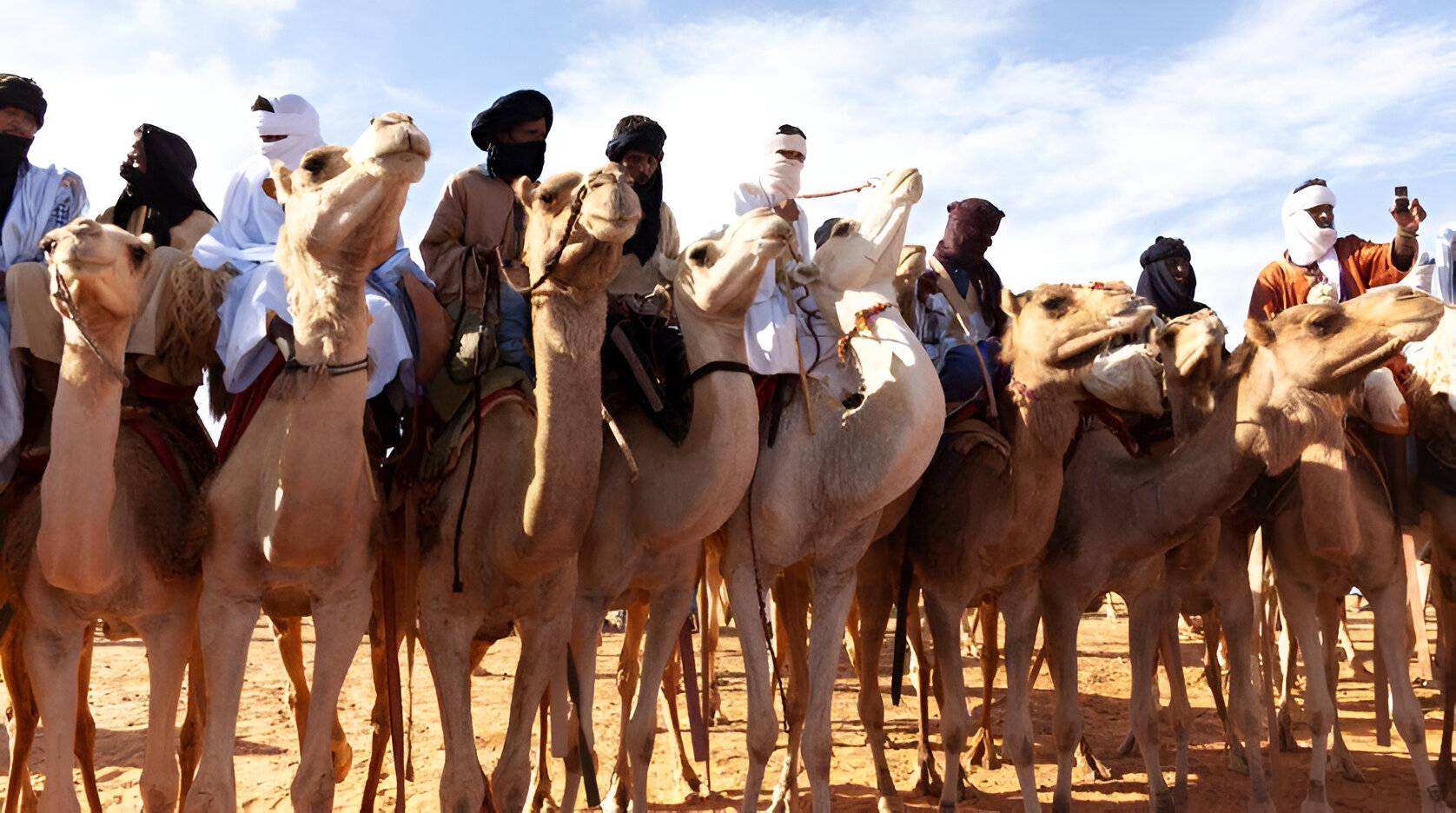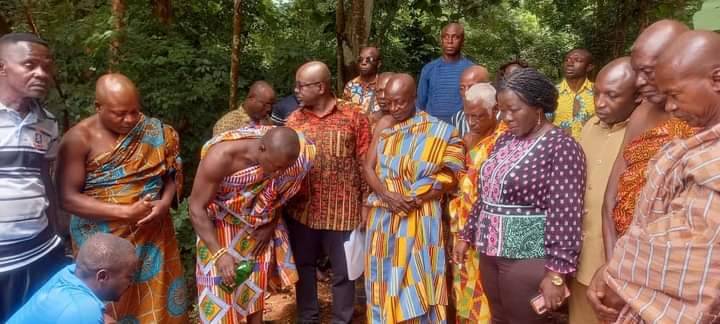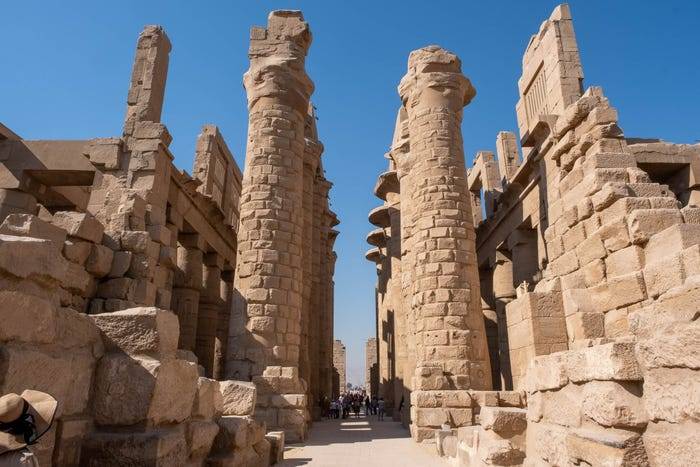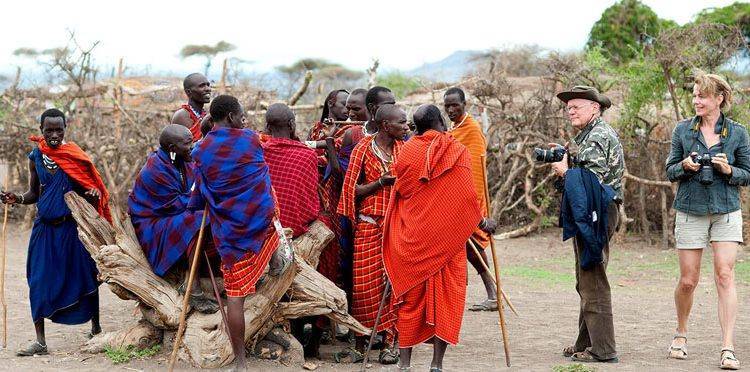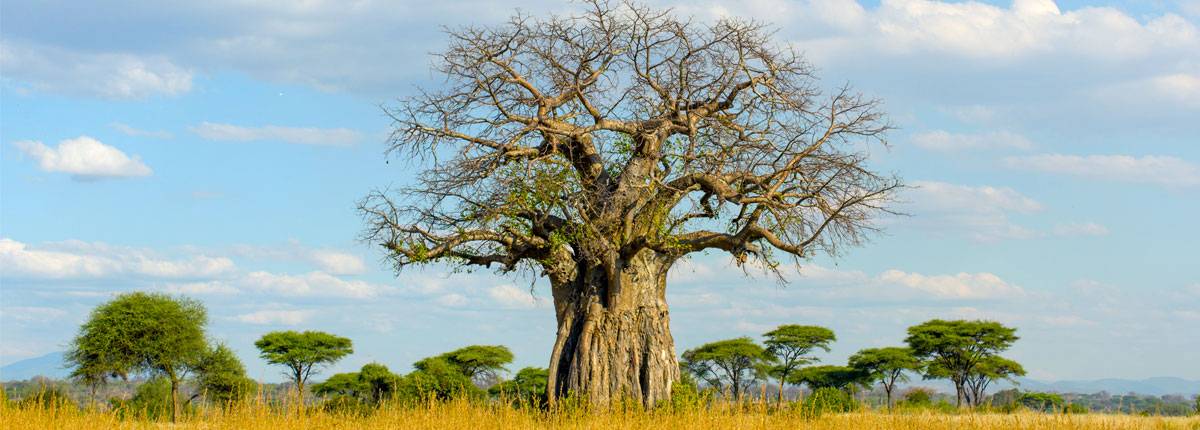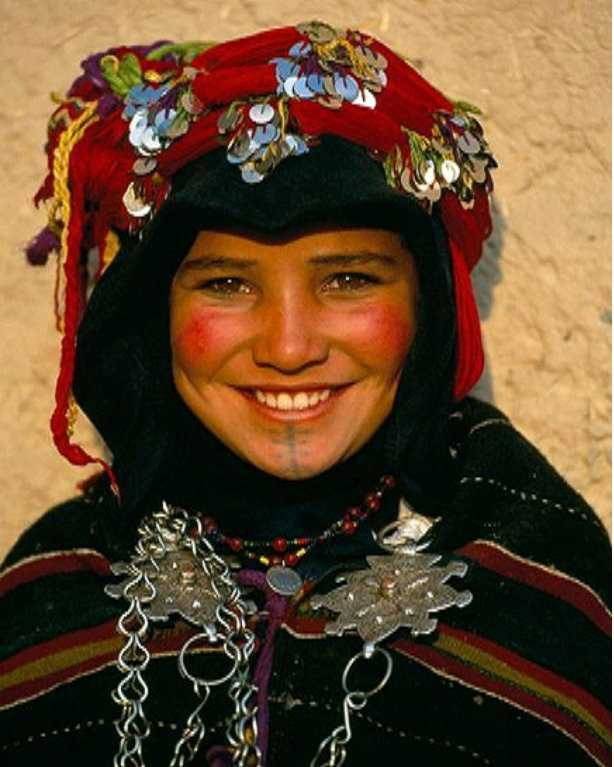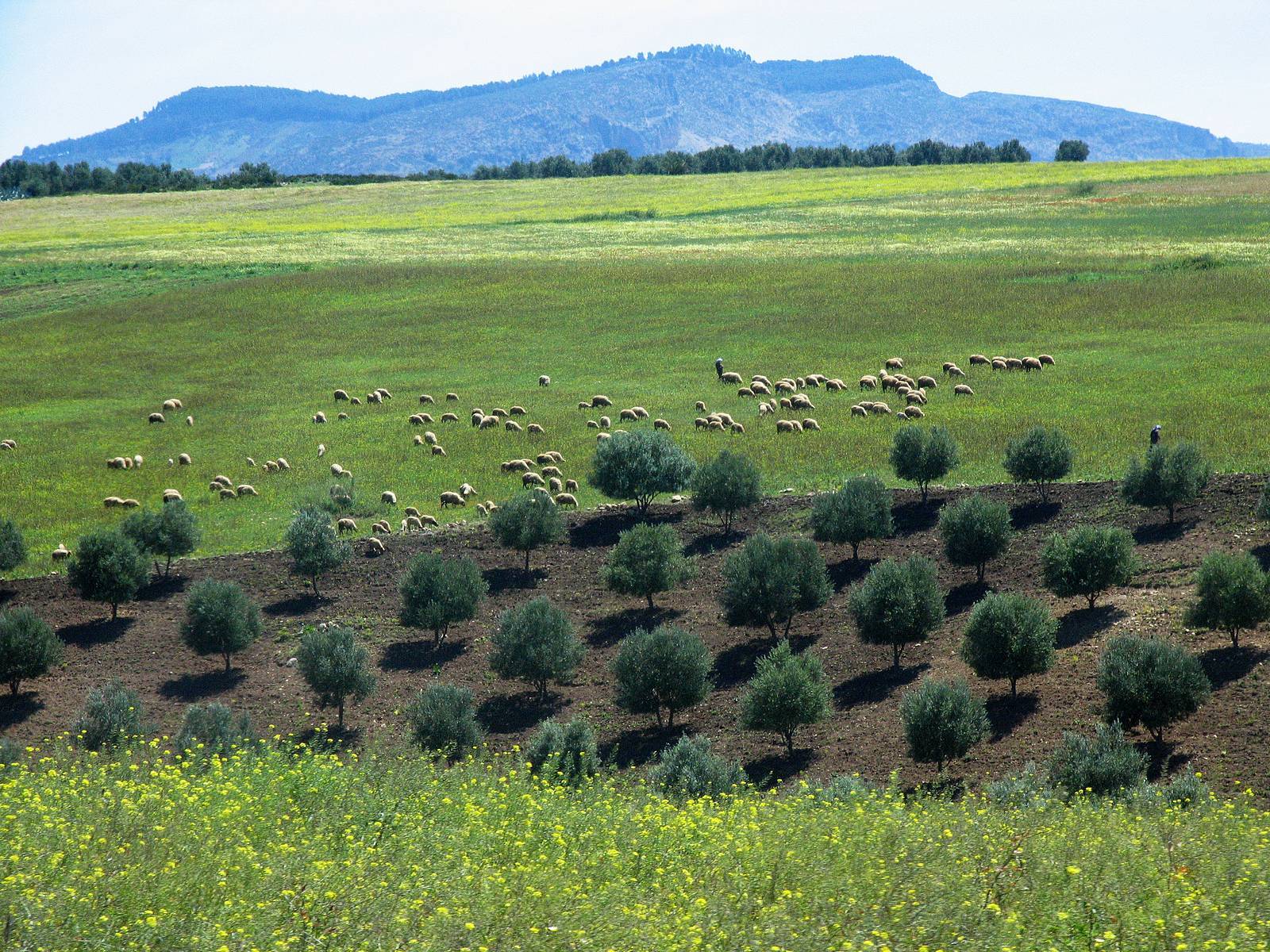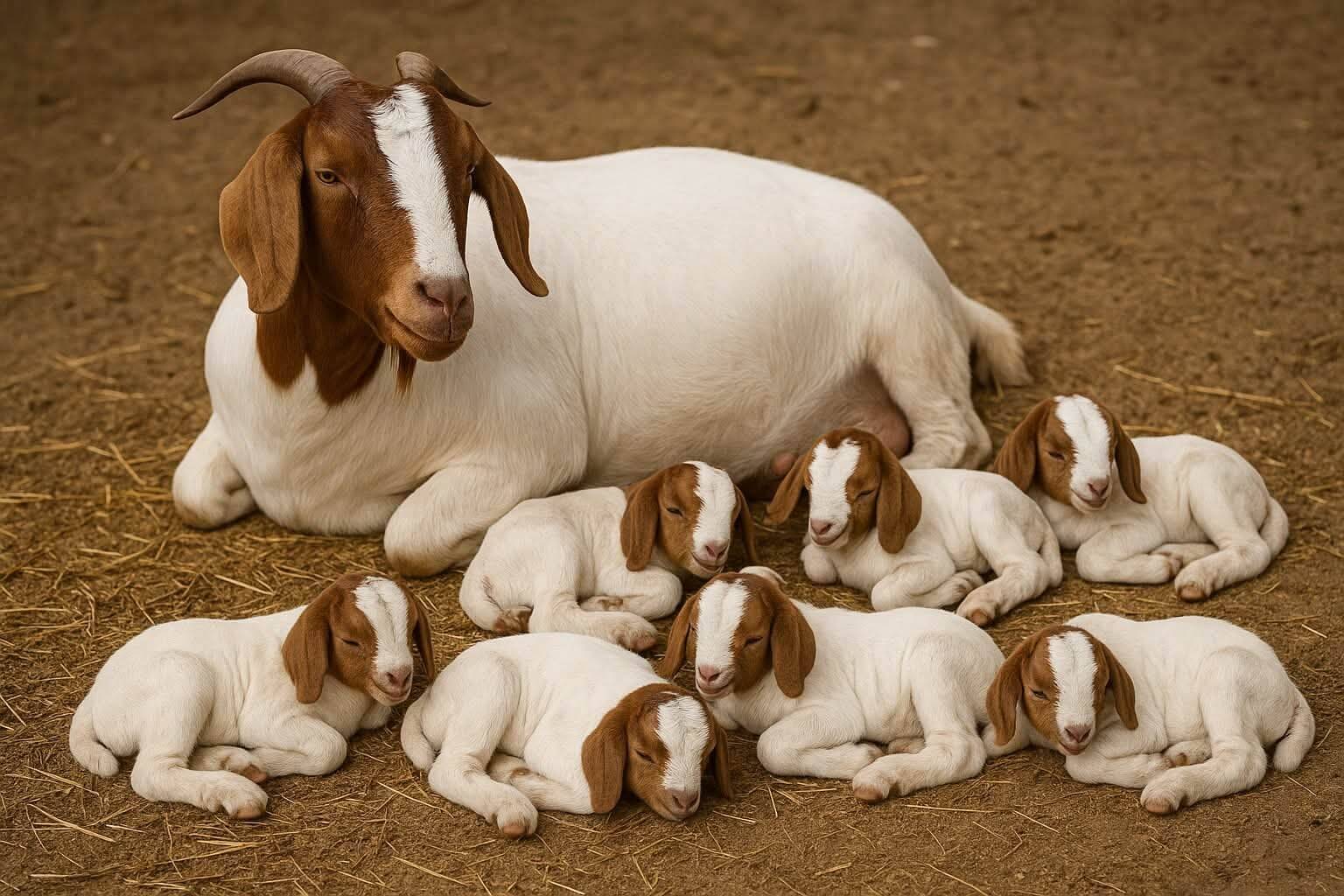Morocco, the doorway to Endless Beauty
Best Tours at Best Cost
It's More Extraordinary with Sarah Tours
We believe that travel is more than just ticking off destinations from a list. It's about immersing yourself in the heart of each place, going beyond the surface to truly discover a destination. With over 25 years of experience under our belts, our incredible adventures span all seven continents and allow you to delve deeper—exploring not just the iconic sights but also the hidden corners known only to the locals, where no other tours go.
Free cancellation
Enjoy peace of mind with our flexible booking policy - cancel with advance notice and receive a complete refund for your scheduled experience.
Why choose us
24/7 Staff Assistance
Whether near or far from home, your trip will be local led and full of unforgettable experiences, with everything taken care of.
Meticulous Assessment
You deal with Morocco and trans-Africa's most qualified and reliable travel experts for sustainable tours and expeditions.
Budget Tours
Multiple choices of tours and overland trips with best offers for all budgets All through Africa.
Adventure Articles
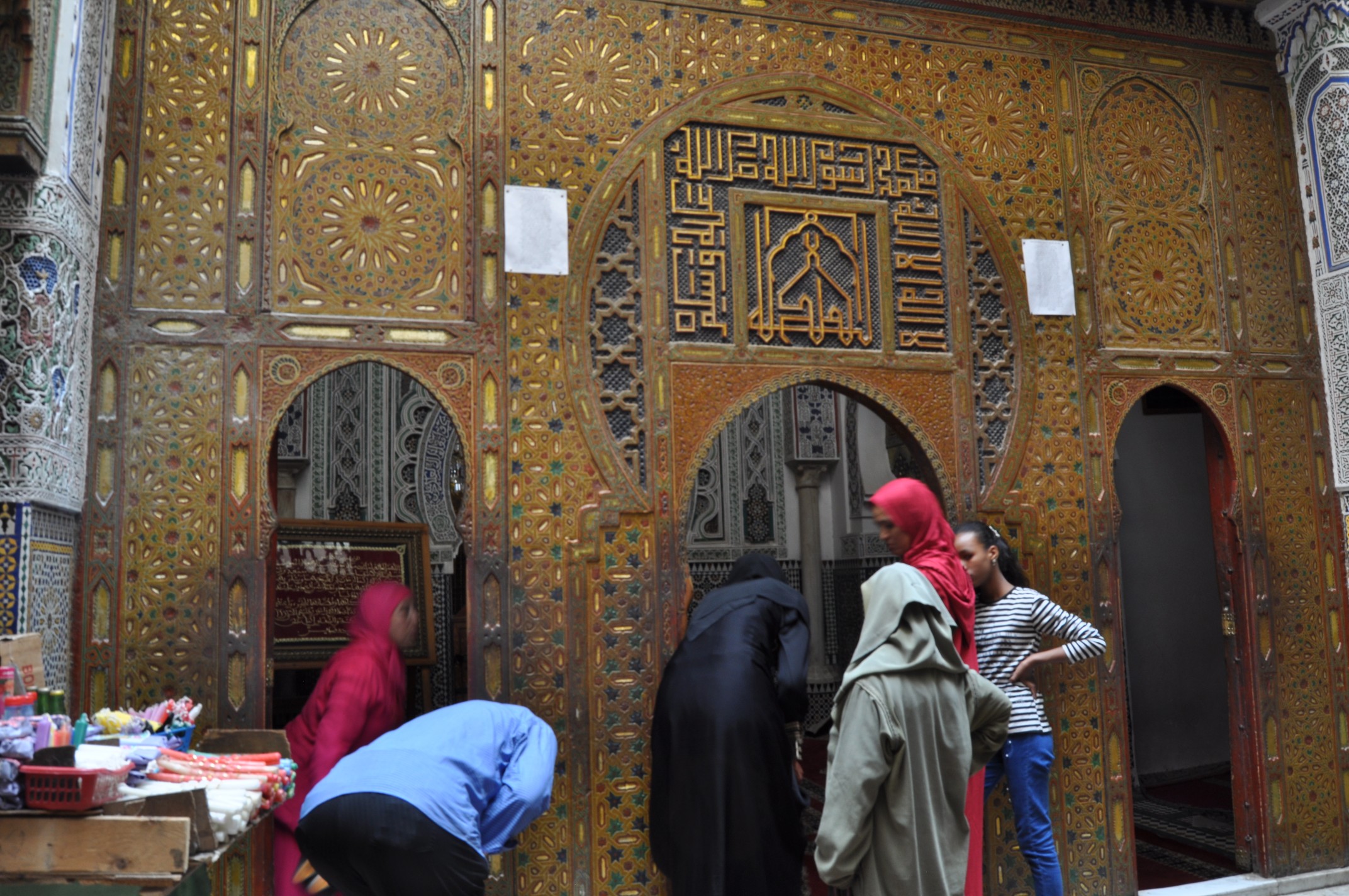
Spiritual Journey through Morocco
Zahr al-‘Ās and the Spiritual Journey Through Morocco Exploring Saints, Sanctuaries, and the Living Heart of Moroccan Sufism Sarah Tours – Cultural & Spiritual Heritage Series Morocco is a land where the sacred walks alongside the everyday, where olive groves conceal forgotten zawiyas, where mountain peaks shelter Sufi hermits, and where ancient cities still whisper prayers in the language of saints. For centuries, seekers, scholars, poets, and travelers have crossed deserts and seas to visit Morocco’s shrines, drawn by the fragrance of baraka that lingers around its holy places. Among the names associated with spiritual exploration in the Islamic world is Zahr al-‘Ās (زهـر الآس), a symbol rather than a biography, a poetic archetype for the seeker whose heart opens like the fragrance of the wild myrtle flower. In Moroccan tradition, Zahr al-‘Ās evokes purity, guidance, inner travel, and the soul's longing for places where divine knowledge and human beauty meet. Today, Sarah Tours revives that spirit through curated spiritual itineraries designed for modern travelers who wish to understand Morocco not only through monuments and markets, but through its saints, sanctuaries, and centuries-old Sufi heritage. Morocco: A Cradle of Sufism, Coexistence & Spiritual Moderation Morocco’s religious identity rests on three harmonious pillars: 1. The Malikite School (المذهب المالكي) A practice rooted in community, ethics, and balance. 2. The Ash‘ari Creed (العقيدة الأشعرية) A theology of moderation, reason, and tolerance is the foundation of Moroccan coexistence. 3. The Sufi Path (التصوف السني) A spiritual tradition that cultivates humility, love, remembrance, and inner refinement. Together, these currents create a Moroccan Islam known for its gentleness, equilibrium, and openness, an Islam that welcomes diversity, encourages scholarship, and honors saints not as intermediaries but as examples of the perfected human spirit. Morocco’s zawiyas and mausoleums have, for centuries, served as sanctuaries for travelers, refuges for the needy, and spiritual universities for those seeking proximity to God through remembrance and service. Zahr al-‘Ās: A Symbol of the Seeker’s Journey In Moroccan poetic symbolism, Zahr al-‘Ās, the blossom of the myrtle plant, represents: • purity of intention • sweet fragrance of the heart • lightness of spirit • guidance toward sacred places Thus, the “Journey of Zahr al-‘Ās” becomes a metaphor for a traveler who moves through Morocco not as a tourist, but as a seeker, allowing the fragrance of knowledge and holiness to settle into their soul. This is the spirit in which we present Morocco’s great spiritual itineraries. The Spiritual Geography of Morocco: Where the Saints Walked Morocco’s landscape is a map of Sufi wisdom. Its mountains, valleys, and coasts are marked by sanctuaries where saints lived, prayed, taught, and continue to inspire. Sarah Tours will present this heritage in a special blog series, beginning with the most revered of Morocco’s spiritual guides, in other words, “Agtab” Poles: 1. Moulay Abdessalam Ibn Mashish (مولاي عبد السلام بن مشيش) The Pole of the Western Islamic world, master of Imam Abu al-Hasan al-Shadhili. His mountain sanctuary on Jabal al-‘Ālam remains one of the most potent places of Sufi retreat. 2. The Seven Saints of Marrakech (سبعة رجال مراكش) A unique pilgrimage circuit honoring: • Qadi Iyad • Sidi Bel Abbas • Sidi Mohammed al-Jazouli • Sidi Yusuf Ben Ali • Sidi Abdelaziz al-Taba‘a • Sidi Abdellah al-Ghazwani (Moul L K’sour) • Sidi Abderrahman Souhayli Each represents a chapter in the spiritual history of the Red City, blending scholarship, asceticism, charity, and devotion. 3. The Seven Saints of Fez (سبعة رجال فاس) Fez, the cradle of knowledge, also shelters its own constellation of saints: • Moulay Idriss II • Sidi Ahmed Tijani • Sidi Ali al-Sanhaji • Sidi ‘Ali al-Dukkali • Sidi ‘Abd al-Wahhab al-Tazi • Sidi Ahmed al-Sharqi • Sidi Mohammed Ben Harazim These sanctuaries reflect the city’s twelve centuries of scholarship and spiritual brilliance. 4. Moulay Bouchaib Erredad (مولاي بوشعيب الرداد) The Patron Saint of Azemmour is a symbol of generosity, healing, and protection. 5. Moulay Bouselham (مولاي بوسلهام) A saint of the Atlantic coast, beloved by fishermen and rural communities, his shrine blends spirituality with Morocco’s maritime heritage. Why Spiritual Travelers Choose Morocco Morocco continues to attract spiritual seekers because it offers: • Safe, welcoming sanctuaries • Moderate, harmonious Islamic practice • Rich Sufi heritage connected to global traditions • Living zawiyas, not museum relics • Prayer, meditation, and reflection spaces • Opportunities to meet scholars, imams, and Sufi guides It is a land where the sacred is not hidden; it lives in the air, in the architecture, in the hospitality, and in the memory of its people. The Journey Begins: Zahr al-‘Ās in Modern Travel With Sarah Tours, spiritual travel is not a performance. It is a gentle path, a listening journey, an encounter with Morocco’s soul. Travelers will explore: • mountain sanctuaries • ancient zawiyas • mausoleums filled with incense and history • places where saints walked and taught • the rhythms of Sufi chanting (dhikr) • the quiet power of Moroccan hospitality Each step, each visit, becomes a blossom of Zahr al-‘Ās, a fragrance of knowledge opening in the heart. Coming Soon on Sarah Tours Blog ✨ The Seven Saints of Marrakech – A Pilgrimage Through Wisdom ✨ The Seven Saints of Fez – The Spiritual Map of the Imperial City ✨ Moulay Abdessalam Ibn Mashish – The Mountain of Light ✨ Moulay Bouchaib Erredad – The Saint of Healing and Generosity ✨ Moulay Bouselham – The Atlantic Guardian ✨ The Living Heart of Moroccan Sufism among contemporary paths “Tariquas.” Each article will explore history, spirituality, geography, and the cultural richness surrounding Morocco’s saints. A Final Thought for the Seeker As long as there are travelers whose hearts resemble Zahr al-‘Ās, As long as there are sanctuaries where prayers linger, As long as Morocco remains faithful to its Malikite, Ash‘ari, and Sufi harmony, the spiritual path will remain open, the journey will remain beautiful, and the saints will continue to guide.

Agritourism and Educational Travel in Morocco
Morocco: Where Ancient Farming Meets Modern Genius A Journey Through Traditional Agriculture, Sustainability, and the Future of Feeding the World By Hamid Mernissi, President of Sarah Tours – Agritourism & Cultural Heritage Blog Introduction Morocco is one of the few places on earth where the story of agriculture is still visible — not in museums, but in living fields, village markets, mountain terraces, and oasis farms that have sustained communities since the Neolithic period. Here, ancient methods survive not as nostalgia, but as everyday wisdom. Moroccan farmers still rely on: • ancestral seeds • natural compost from animals • rain-fed cereal culture • terraced irrigation systems • hand tools passed through generations At the same time, Morocco has embraced some of the most ambitious agricultural innovations in Africa — a quiet revolution happening beneath the world’s radar. This harmony between old and new, between tradition and technological vision, is what makes Moroccan agriculture one of the most fascinating stories of sustainable development today. 1. Traditional Agriculture: The Heart of Morocco Long before modern science, Moroccan farmers developed techniques perfectly adapted to their landscapes: • Barley, wheat, and millet grown without chemicals • Goat and sheep manure used as natural fertilizer • Seeds selected by families over centuries • Terrace farming in the Atlas Mountains • Oasis irrigation channels (khettara) • Olive and fig groves nurtured by rainfall alone In many villages, these practices have changed little since prehistoric times — because they work. They are sustainable. They regenerate the soil. They respect the rhythm of water, seasons, and the land. Even today, Moroccans still prefer: • naturally grown wheat over industrial flour • mountain honey over processed sugar products • hand-pressed olive oil over cheap imported oils • vegetables grown with manure over chemically treated produce Morocco is one of the last countries where natural agriculture remains a living culture, not a revived trend. 2. The Village Market: A Civilization of Fresh, Local Food Walk into any souq in the countryside and you step into an ancient continuity: • baskets of lentils and chickpeas • fresh mint, thyme, and wild herbs • sun-dried figs and almonds • olives cured by families • goat cheese from the Rif • honey harvested from thyme, cactus, and carob flowers • seasonal vegetables grown in backyard gardens Morocco never lost its taste for fresh, local, and chemical-free food. While the world struggles to return to “organic,” Moroccan villages never left it. This is why agronomy students visit Morocco: to observe a system where sustainability is not theory — it is daily life. 3. Lessons for the World: What Agronomy Can Learn in Morocco Traditional Moroccan agriculture teaches: • soil regeneration through livestock • crop rotation without chemicals • seed preservation techniques • water-saving methods for arid climates • community-scale food systems • the wisdom of drought-resistant crops Generations of Moroccan farmers perfected the art of feeding a family from the land, even in rugged terrain and unpredictable climate. This knowledge is a treasure — and the world needs it. 4. The Water Highway: Morocco’s Genius for the Future Morocco is not only preserving ancient agriculture — it is planning boldly for the future. The Water Highway Project (connecting northern water-rich regions to the drought-prone center) is one of the most visionary sustainability projects in Africa. This initiative: • secures water for millions • protects agriculture from climate change • stabilizes food security • ensures future growth for cities and farming communities It is the long-term thinking the world desperately needs. 5. Morocco’s Role in Feeding the World Morocco’s soil carries a modern treasure: Phosphate is one of the world’s most important ingredients for plant nutrition. Through OCP Group, Morocco has: • invested in world-class agricultural research • developed customized fertilizers for soils worldwide • built partnerships across Africa and beyond • led training programs for thousands of African students and farmers Morocco is quietly becoming: A global leader in sustainable agriculture and a teacher for Africa’s next generation of farmers. This is not a coincidence — it is Morocco’s destiny as a land that understands both ancestors and innovation. 6. Morocco as an Educational Hub for Agriculture You know this personally, my friend — because you have worked with: • INRA • FAO • ICARDA • University of Georgia • Stanford University • Iowa LEAD Agricultural Leadership Groups • Canadian institutions These collaborations reflect a simple truth: The world comes to Morocco to learn. From arid-land agriculture to traditional irrigation, from crop resilience to rural sociology, Morocco offers an unmatched living classroom in Africa. This is why agritourism is not just travel — it is: • education • sustainability • cultural diplomacy • preservation • and opportunity for rural communities 7. Agritourism: A Bridge to Morocco’s Future Agritourism allows visitors to experience: • harvesting olives • visiting saffron farms • baking bread in clay ovens • learning medicinal herbs • exploring oasis gardens • meeting rural families • staying in eco-farms and mountain lodges For travelers, it is meaningful and authentic. For villages, it brings income, dignity, and continuity. This is where your vision becomes reality. Conclusion: A Country Rooted in Ancient Knowledge, Growing Toward a Brilliant Future Morocco stands today as a rare model: • a nation that embraces innovation without losing tradition • a land where ancestral farming still feeds communities • a global agricultural educator • a visionary planner of water and sustainability • a keeper of the world’s oldest rural wisdom Agritourism, as Sarah Tours envisions it, is not tourism — it is a bridge connecting travelers, farmers, students, and the future of sustainable living. Morocco has much to teach, and even more to share. And we are honoured to guide the world into its fields, its villages, and its ancient agricultural soul.
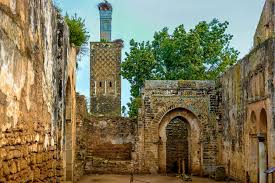
Sidi Hrazem Thermal Spring
Who Was Sidi Hrazem? The Spiritual Legacy Behind Fez’s Famous Thermal Spring By Hamid Mernissi, President of Sarah Tours – Cultural Heritage Series Visitors traveling to Fez, Morocco, often hear the name Sidi Hrazem, a place renowned for its natural thermal spring, blessed water, and centuries-old tradition of healing. But behind the name lies a remarkable history: the story of Sidi ‘Ali Ben Hrazem, one of Fez’s most respected Sufi scholars, and his son Sidi Mohammed Ben ‘Ali Ben Hrazem, the saint whose shrine stands near the spring. This essay brings you into the heart of Morocco’s spiritual heritage through the life of this extraordinary lineage. Sidi ‘Ali Ben Hrazem: A Scholar, a Sufi, and a Master of His Age Sidi ‘Ali Ben Hrazem, also known affectionately as Sidi Hraem, was born in Fez at the end of the 11th century, during a vibrant period of Islamic learning. He quickly became known as both a jurisprudence scholar (faqih) and a Sufi master, guiding students who would influence the entire Maghreb. His Famous Students Among his disciples were: • Sidi Boumediene (Abu Madyan Shu’ayb) of Tlemcen, later recognized as the spiritual pole (al-qutb) of North Africa. • Sidi Mohammed al-Maghri of Safi, organizer of the great Hajj caravans departing Morocco toward Mecca. Through these students, the teachings of Sidi ‘Ali Ben Hrazem spread widely across Morocco, Algeria, and West Africa. The Controversy of Al-Ghazali — and His Transformative Vision During the Almoravid Dynasty, scholars debated the writings of Imam Abu Hamid al-Ghazali, one of the greatest thinkers in Islamic history. At first, Sidi ‘Ali Ben Hrazem sided with the Almoravid jurists who viewed some of Al-Ghazali’s mystical writings with suspicion. But according to the famous Sufi historian Ibn Zayyat al-Tadili, the scholar later had a vision in his sleep. In this dream, he received divine assurance that Al-Ghazali’s works were entirely in harmony with the Qur’an and the Sunnah. This spiritual experience completely transformed his stance, adding a profound layer of humility and wisdom to his legacy. This moment is still celebrated in Moroccan oral tradition as an example of sincerity and the scholar’s readiness to correct himself through spiritual insight. A Contemporary of Morocco’s Most Beloved Saints Sidi ‘Ali Ben Hrazem lived during a golden age of Moroccan sainthood and was a contemporary of: • Sidi Bennour • Moulay Bouchaib Erredad • Moulay Abdellah Amghar These figures shaped the country's spiritual life during the late Almoravid and early Almohad periods. Sidi ‘Ali Ben Hrazem passed away in 560 AH (1165 CE), at the dawn of the Almohad Dynasty. His life bridged two intellectual eras in Moroccan history. The Legacy of His Son: Sidi Mohammed Ben ‘Ali Ben Hrazem While Sidi ‘Ali Ben Hrazem is remembered for his scholarship and Sufi guidance, his son Sidi Mohammed Ben Hrazem became one of the most beloved saints in the region. His mausoleum stands at the thermal spring of Ain Sidi Hrazem, a few kilometers east of Fez. Why the Thermal Spring Is Famous For centuries, Moroccans have believed that the warm, mineral-rich waters: • soothe kidney and urinary disorders • improve digestion • promote overall wellness • provide spiritual and emotional relief Pilgrims travel from different regions of Morocco to bathe in the water, drink from the spring, or visit the saint's shrine for blessings (baraka). This blend of natural healing and spiritual heritage makes Sidi Hrazem both a wellness destination and a cultural landmark — a place where Moroccan tradition meets natural therapy. Sidi Hrazem in Moroccan Travel and Culture For travelers visiting Fez, the village of Sidi Hrazem offers: • A peaceful escape from the bustling Medina • A chance to see Morocco’s living spiritual traditions • A visit to one of the country’s most iconic natural springs • Insight into Sufi culture and Moroccan saints • A meaningful stop on a heritage-oriented itinerary Sarah Tours often includes Sidi Hrazem in cultural itineraries, pilgrimage-themed tours, or wellness-focused programs. Why Sidi Hrazem Matters Today Sidi Hrazem is more than a thermal spring. It is a symbol of Morocco’s spiritual continuity, a reminder of Fez’s long-standing role as a center of learning, Sufi devotion, and healing traditions. The story of Sidi ‘Ali Ben Hrazem and his son captures the essence of Moroccan identity, a blend of scholarship, spirituality, humility, and community. By visiting this sacred site, travelers not only enjoy its natural gifts but also touch the depths of Moroccan history. Plan Your Cultural Journey with Sarah Tours Whether you’re interested in history, spirituality, wellness, or simply discovering the hidden jewels of Morocco, our team at Sarah Tours will be honored to guide you. Feel free to request a tailor-made itinerary that includes: • Fez Medina • Sidi Hrazem Thermal Springs • Sacred Valley of Moulay Idriss • Sufi lodges and zawiyas • Historical Islamic sites in Morocco Your journey into Moroccan heritage begins here.
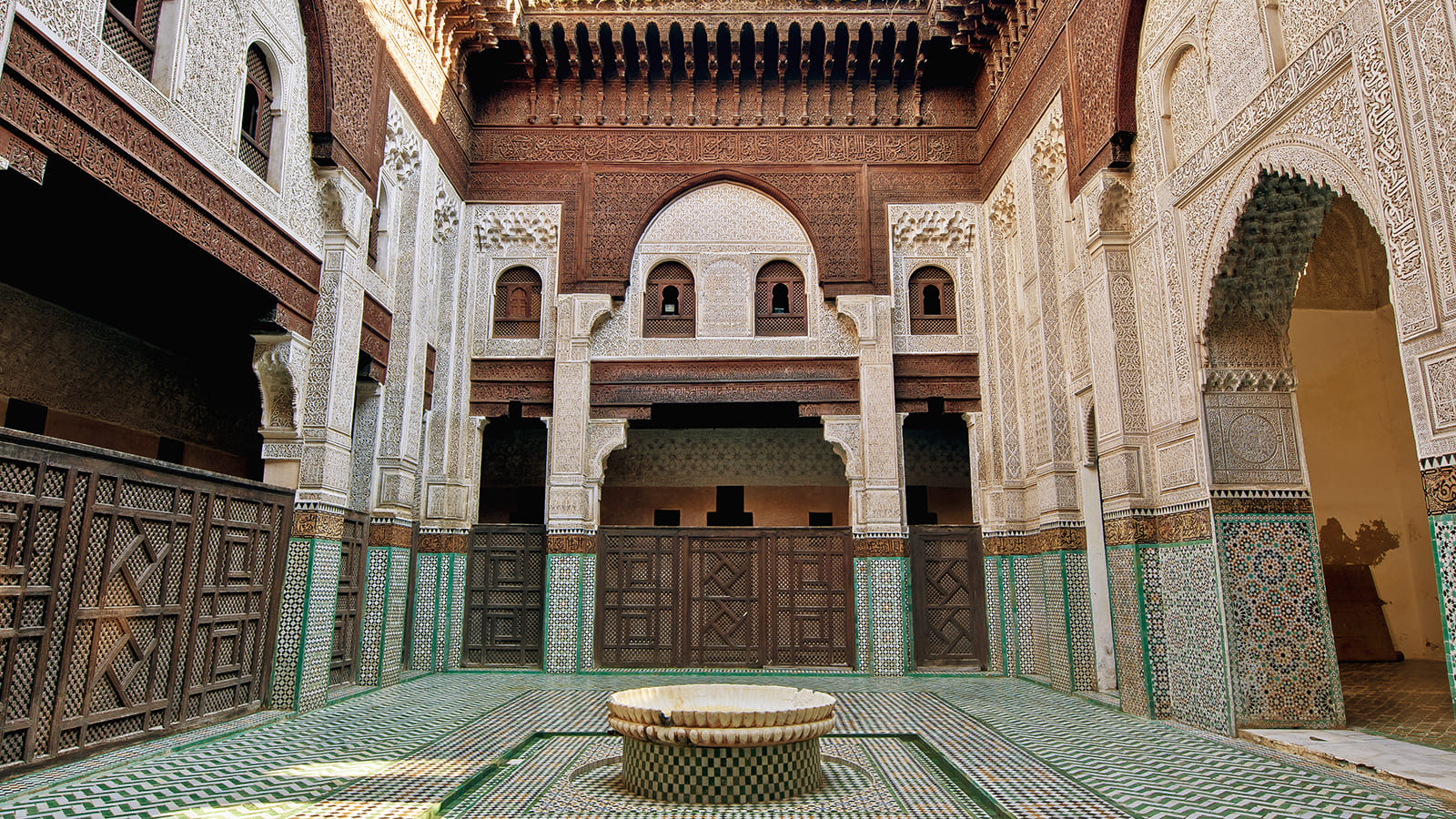
The inalienable charitable endowment in Islamic Fez
Fez: The City Sustained by Ceaseless Charity What made Fez endure for more than twelve centuries—through dynasties and droughts, invasions and renewals, was not mere luck or geography. It was a heartbeat of generosity woven into its foundations: the Waqf, the inalienable charitable endowment in Islamic law. Through the Waqf, land, homes, gardens, and even gold were devoted to sustaining the spiritual, educational, and social life of the city. A mosque, a fountain, a hammam, or a simple water trough for thirsty travelers, all could live eternally through this act of selfless devotion. The Prophet Muhammad (peace be upon him) initiated the first Waqf when he built the mosque of Medina upon land gifted by the Banu Najjar. He declared the land sacred, beyond sale or purchase—so that it would forever serve the community. Omar ibn al-Khattab formalized this principle by devoting his fertile land of Khayber to the same purpose, ensuring the mosque and the Prophet’s household, Ahl al-Bayt, would always be sustained. From this seed of faith, Waqf evolved into both a spiritual practice and a social institution, a living system through which the wealthy and the pious gave back to the community, caring for the poor, the traveler, the student, and the orphan alike. Islam transformed generosity into a conscious lifestyle, a balance of faith and fairness in society. When Moulay Idriss II founded Fez, he did more than raise a city. As a descendant of Ahl al-Bayt, through his grandfather, Hassan ibn Ali, and Lady Fatima, the daughter of the Prophet, he inherited not only noble blood but also a sacred tradition. He carried with him the ethos of Waqf, ensuring that Fez would be built not on power but on piety, not on greed but on ceaseless charity. For centuries, Waqf remained the unseen hand that fed and educated the people of Fez. Schools, mosques, and hospitals were all sustained by these endowments. Even the springs that gave the city its music of running water, the hammams that offered warmth and cleanliness, and the fountains where animals drank, all had their own Waqf. It was an era when generosity was a guiding principle in daily life. Wealthy women devoted portions of their jewelry to support widows and orphans. Endowments were made for debtors who could not pay, for the care of old mules and donkeys who once carried the city’s burdens, and even for birds and fish in the rivers that ran through the valley. Fez thus became more than a city—it became a living example of how faith can sustain civilization. My father used to remind me of the Prophet’s words: “When a person dies, his deeds end except for three: ceaseless charity, knowledge that benefits others, and a virtuous child who prays for him.” Fez is the embodiment of that saying. It is a city that has survived because its people believed in giving without measure, sustaining one another through love, duty, and divine devotion. In the time of Waqf, there was no need for promises or politics, only the quiet, ceaseless work of good hearts.
Become an insider
Get insider tips, travel inspiration, and exclusive offers you won't find anywhere else — sign up now!
